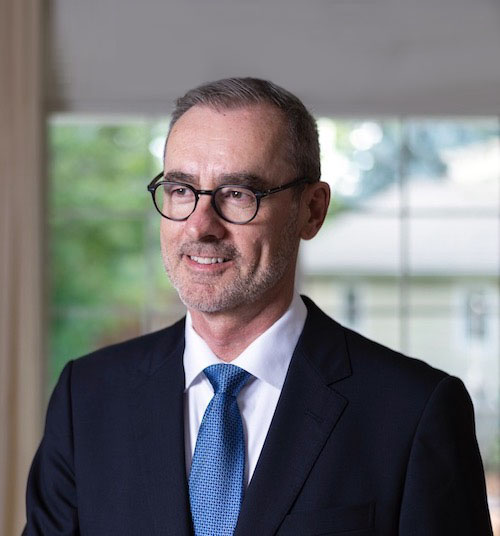Governance
Partnership Board
The Partnership Board, comprised of the Presidents, Vice-Chancellors or Rectors of the member universities, is WUN's governing body. The Partnership Board establishes the mission of the network, and sets its strategic direction and priorities. The Board appoints the WUN secretariat and standing committees, and through them mobilizes WUN's programs and initiatives.
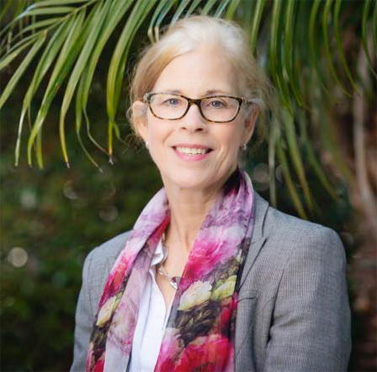
Professor Dawn Freshwater
Vice-Chancellor
The University of Auckland

Professor Evelyn Welch
Vice-Chancellor
University of Bristol

Professor Mosa Moshabela
Vice-Chancellor
University of Cape Town
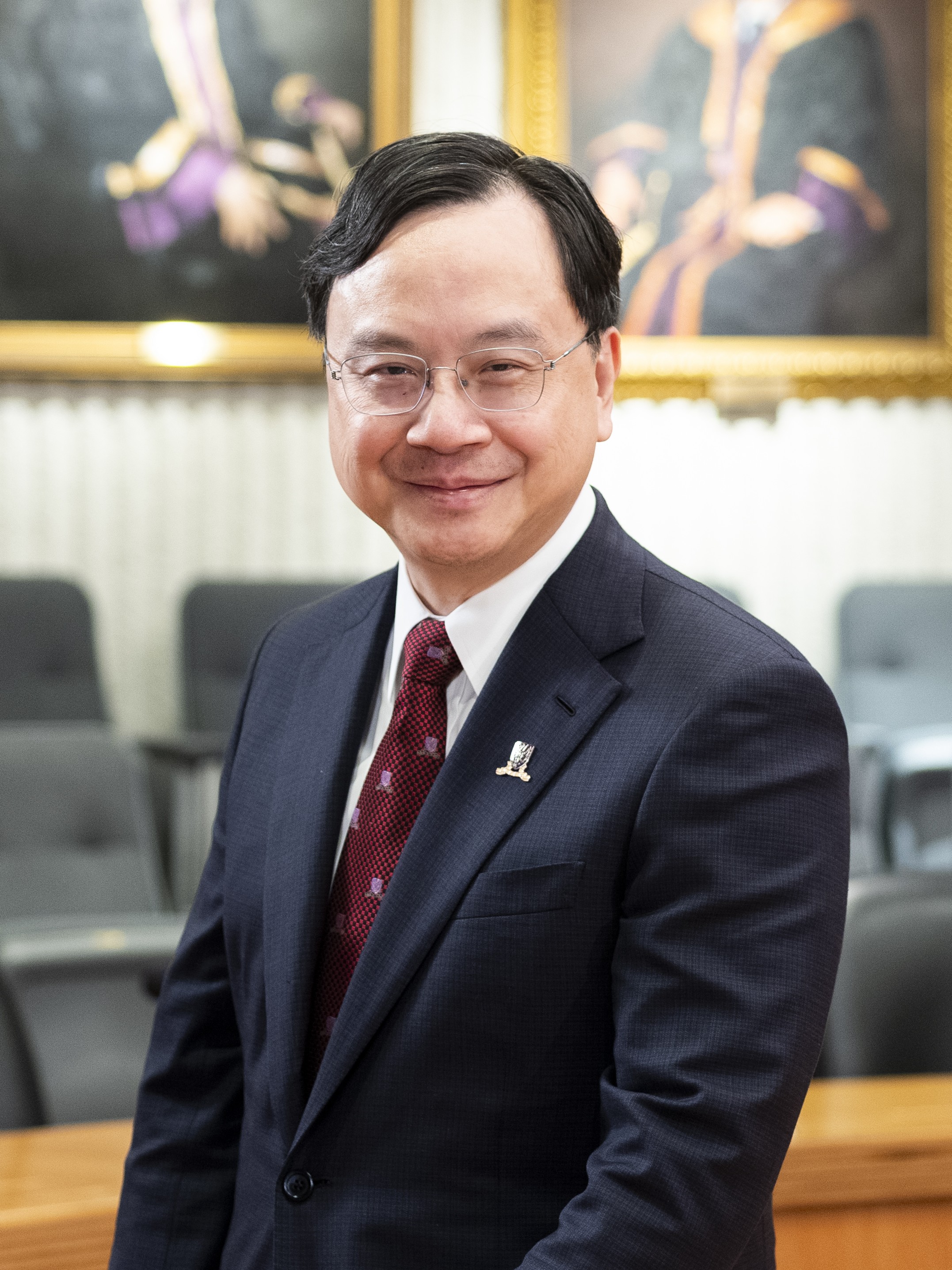
Professor Dennis Lo
Vice-Chancellor and President
The Chinese University of Hong Kong

Steering Group
Professor Lisa Roberts
President and Vice Chancellor
University of Exeter
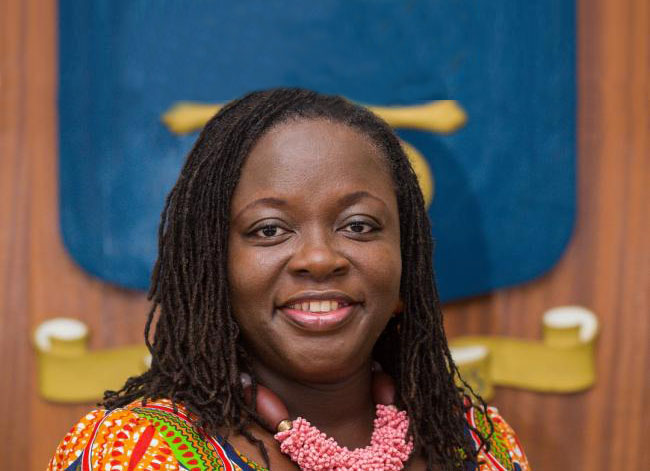
Vice-Chair
Professor Nana Aba Appiah Amfo
Vice-Chancellor
University of Ghana
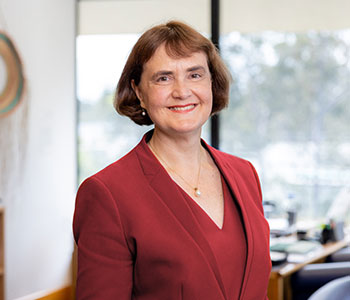
Professor Carolyn Evans
Vice-Chancellor and President
Griffith University

Steering Group
Professor Frédéric Herman
Rector
University of Lausanne

Steering Group
Professor Shearer West
Vice-Chancellor and President
University of Leeds
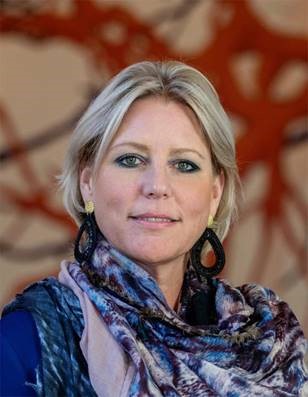
Professor Dr Rianne Letschert
President
Maastricht University
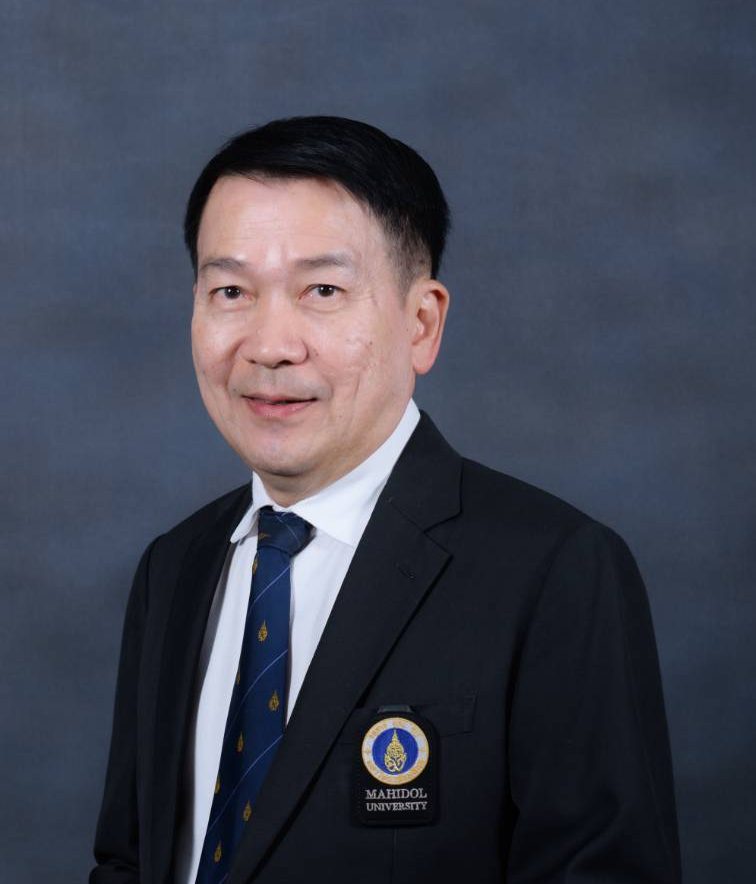
Professor Piyamitr Sritara
President
Mahidol University
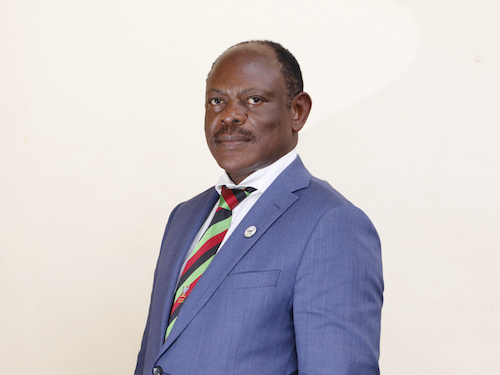
Steering Group
Professor Barnabas Nawangwe
Vice-Chancellor
Makerere University
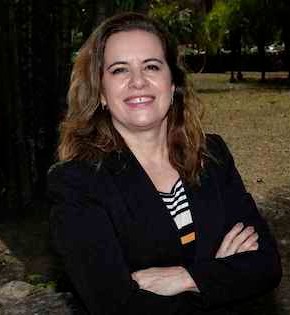
Professor Sandra Almeida
Rector
Universidade Federal de Minas Gerais
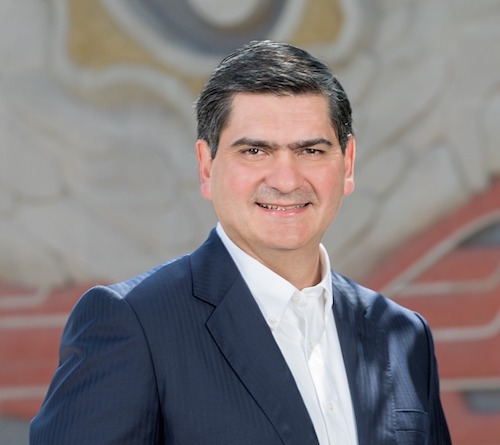
Dr David Garza
Rector
Tecnológico de Monterrey
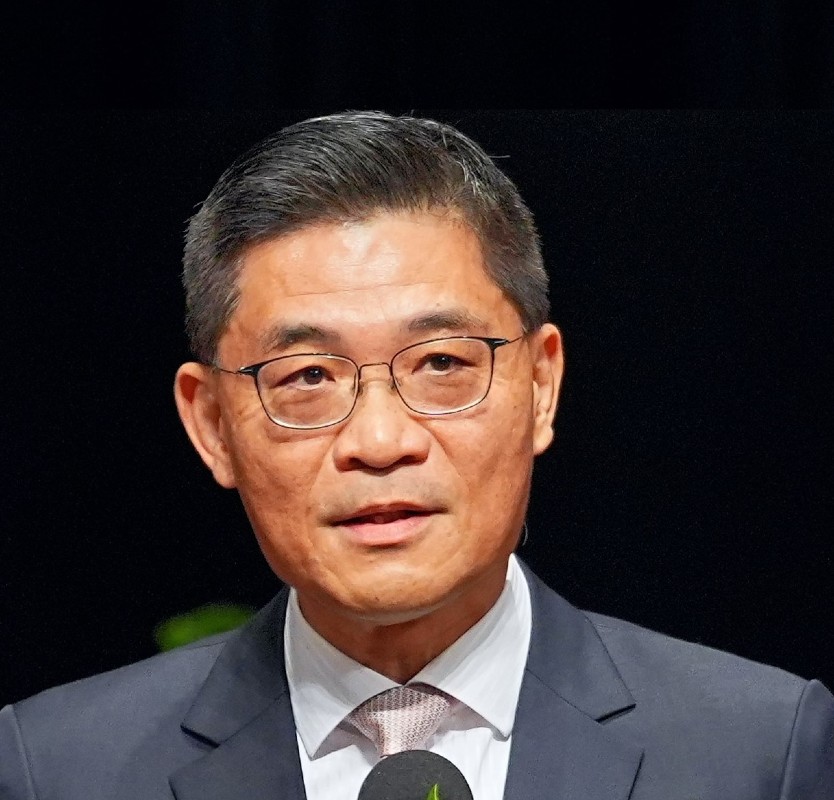
Professor Meng-Ru Shen
President
National Cheng Kung University
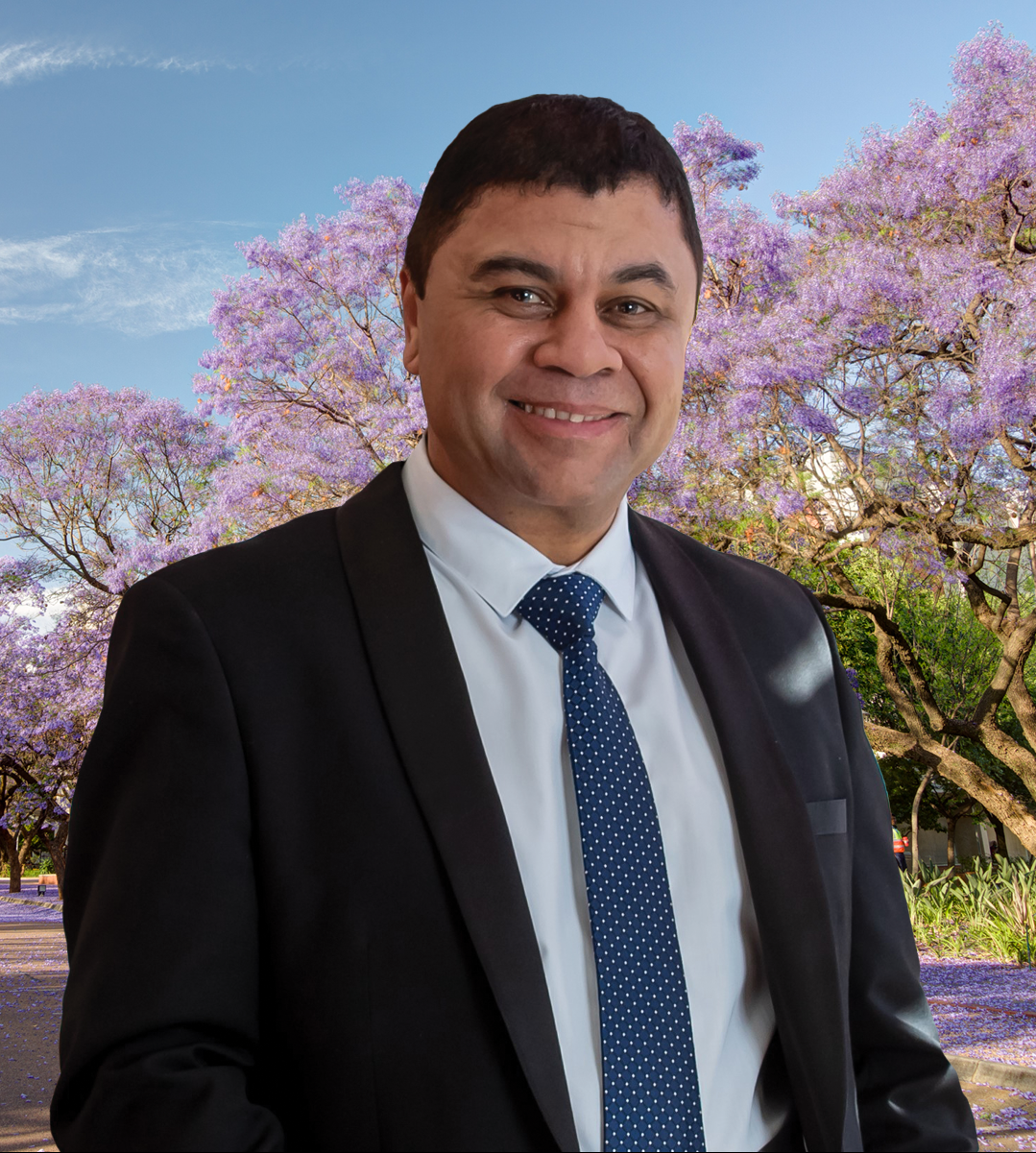
Professor Francis Petersen
Vice-Chancellor
University of Pretoria

Steering Group
Professor Deborah Terry
President and Vice-Chancellor
University of Queensland
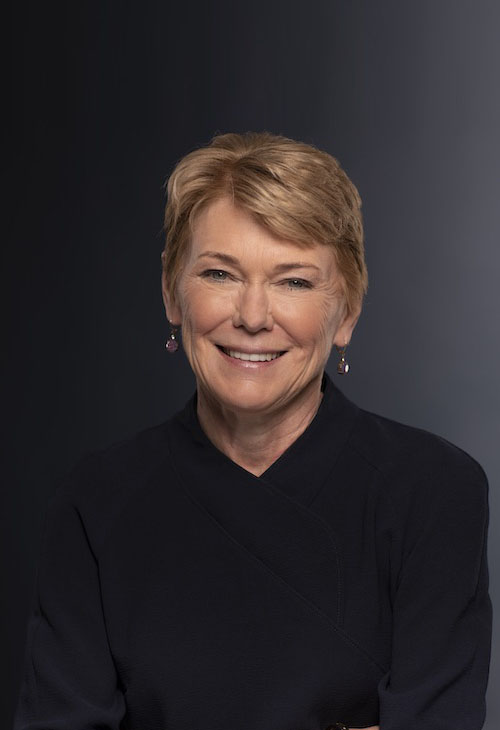
Professor Sarah Mangelsdorf
President
University of Rochester

Professor Dr Martin Paul
Rector
Ruhr University Bochum

Professor Koen Lamberts
Vice-Chancellor
The University of Sheffield

Steering Group
Professor Andrew Parfitt
Vice-Chancellor and President
University of Technology Sydney
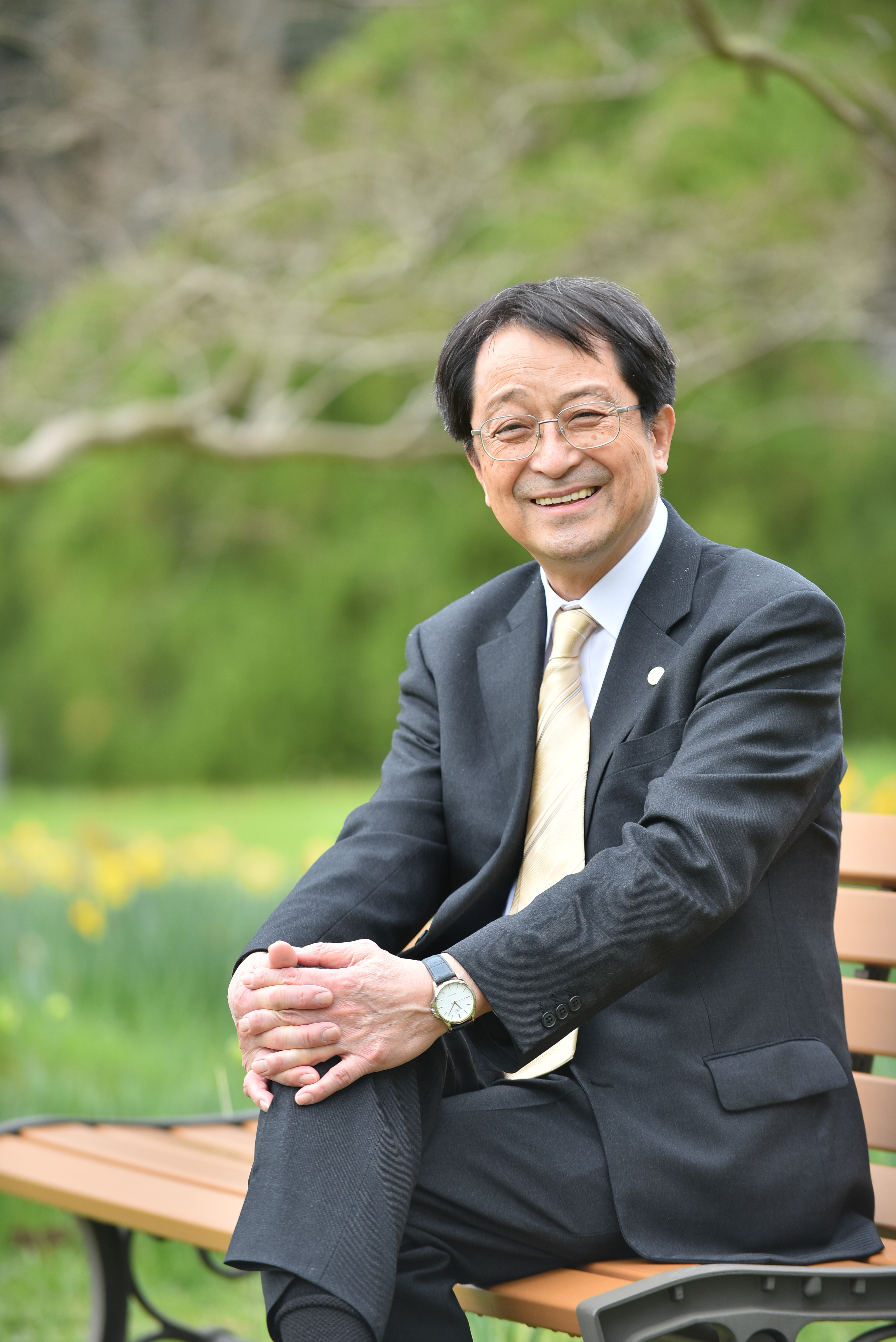
Professor Dr Kyosuke Nagata
President
University of Tsukuba

Steering Group
Professor Charlie Jeffery
Vice-Chancellor and President
University of York
Academic Advisory Group
The Academic Advisory Group is responsible for overseeing the academic portfolio of the network and advising the Partnership Board on strategic direction. It is made up senior university officials, usually at the level of Vice-President or Deputy Vice-Chancellor with responsibility for the research or internationalisation priorities of the member universities. It is the task of this group to draw the threads from individual member universities together to nurture a potent research agenda tackling issues of global importance.
Chair: Professor Mai-Har Sham, Pro-Vice-Chancellor, The Chinese University of Hong Kong
Members
Professor David Bressler, Vice President International & Enterprise, University of Alberta
Professor Frank Bloomfield, Deputy Vice-Chancellor (Research), The University of Auckland
Professor Michele Acuto, Pro Vice-Chancellor (Global Engagement), University of Bristol
Professor Thokozani Majozi, Deputy Vice-Chancellor, Research and Internationalisation, University of Cape Town
Professor Richard Follett, Vice President (Global Engagement), University of Exeter
Professor Felix Ankomah Asante, Pro-Vice-Chancellor, University of Ghana
Ms Marnie Watson, Vice President (Global), Griffith University
Professor Estelle Doudet, Vice-Rector for Research, University of Lausanne
Professor Nick Plant, Pro-Vice-Chancellor: Research & Innovation, University of Leeds
Professor Dr Gaby Odekerken – Schröder, Vice-Dean Internationalisation and Collaboration, Maastricht University
Professor Nopraenue Sajjarax Dhirathiti, Vice President for Global Partnerships and University Council, Mahidol University
Professor Sarah Ssali, First Deputy Vice Chancellor (Academic Affairs), Makerere University
Professor Aziz Saliba, Dean of International Affairs, Universidade Federal de Minas Gerais
Professor Neil Hernández-Gress, Director of Research, Tecnológico de Monterrey
Professor Shyy-Woei Chang, Executive Vice President, National Cheng Kung University
Professor BT (Sunil) Maharaj, Vice Principal: Research, Innovation and PG Education, University of Pretoria
Professor Sue Harrison, Executive Dean, Faculty of Engineering, Architecture & Information Technology, University of Queensland
TBA, University of Rochester
Professor Dr Günther Meschke, Vice-Rector for Research and Transfer, Ruhr University Bochum
Professor Conchúr Ó Brádaigh, Vice-President and Head of Engineering, The University of Sheffield
Mr Innes Ireland, Acting Pro Vice Chancellor (Global Partnerships), University of Technology Sydney
Professor Yasunori Endo, Vice-President and Executive Director for Research, University of Tsukuba
Professor Sarah Thompson, Associate Pro-Vice-Chancellor Research, University of York
Coordinators Group
Each WUN member university appoints an administrator to manage the implementation of WUN programs on campus and to serve as the main contact point for network initiatives. This group shares information on collaborative opportunities and develops WUN’s research programs. Your local WUN Coordinator should be your first point of contact for information on WUN. Contact details for your WUN Coordinator can be found below and on the WUN member pages.
Members
Ms Laura Intemann, University of Alberta
Dr Addison Pan, The University of Auckland
Ms Jo Brooks, University of Bristol
Ms Wilna Venter, University of Cape Town
Ms Shally Fan, The Chinese University of Hong Kong
Mr Peter Clack, University of Exeter
Professor David Dodoo-Arhin, University of Ghana
Ms Isis Kowaliauskas, Griffith University
Dr Denis Dafflon, University of Lausanne
Ms Siddeequah Azmi, University of Leeds
Mr Jan Hupkens, Maastricht University
Ms Tassanaporn Hongyon, Mahidol University
Professor John Mango Magero, Makerere University
Ms Flavia Souza, Universidade Federal de Minas Gerais
Ms Sofía Villarreal, Tecnológico de Monterrey
Ms Ellen Hsueh, National Cheng Kung University (NCKU)
Ms June-Rose Ngcobo, University of Pretoria
Ms Lisa Drew, University of Queensland
Mrs Megan Bennett-Spears, University of Rochester
Ms Reena James, Ruhr University Bochum
Ms Danielle Bertrand, The University of Sheffield
Ms Ana Ruiz, University of Technology Sydney
Dr Tohru Yamamori, University of Tsukuba
Dr Sophie Turbutt, University of York
Leadership
WUN is led and managed by the Executive Director and Secretariat team, which is responsible for implementing the network’s strategic plan on behalf of the Partnership Board. Company secretarial and financial management services are provided by specialists from the University of Leeds in the United Kingdom, which is the registered office of the WUN Company.
Executive Director: Professor Dawn Freshwater
Secretary-General: Dr Mike Hasenmueller
Program Manager: Dr Joy Lin
Administrative and Communications Assistant: Ms Amirah Muhammad
Company Secretary: Ms Helena Smith
Chair: Professor Bill Flanagan, President and Vice-Chancellor, University of Alberta
Vice-Chair: Professor Nana Aba Appiah Amfo, Vice-Chancellor, University of Ghana
